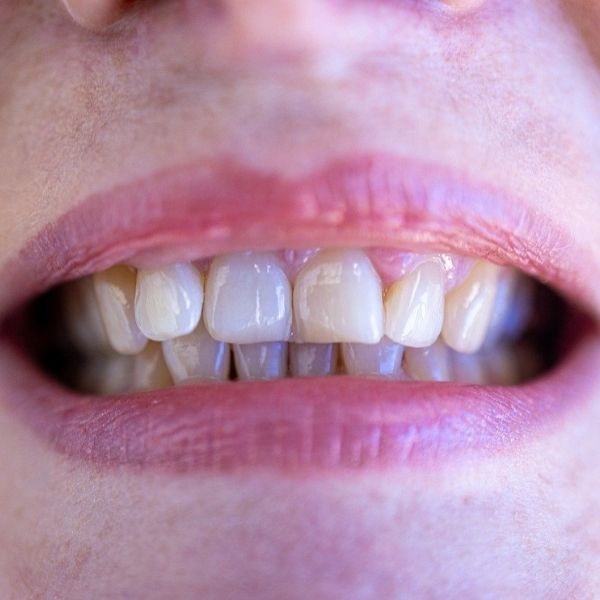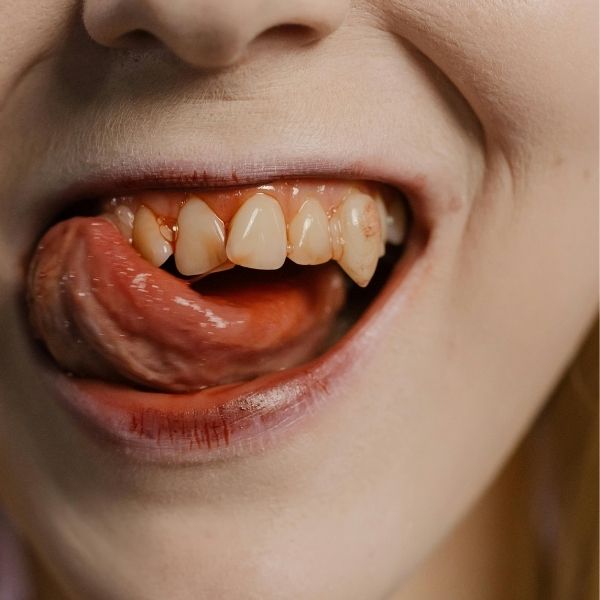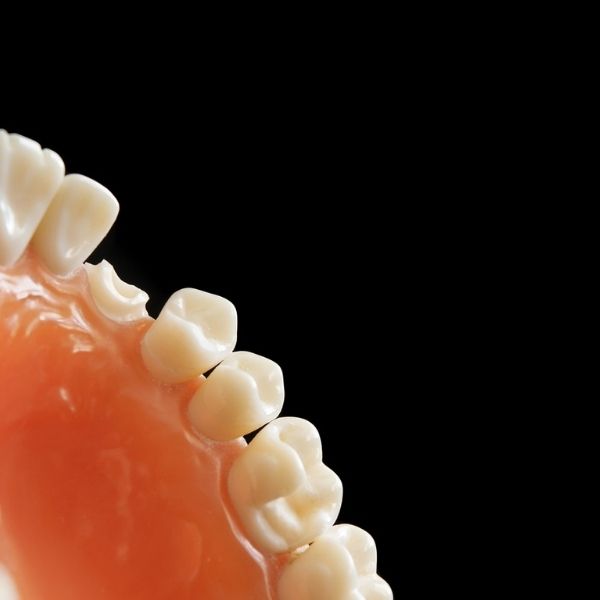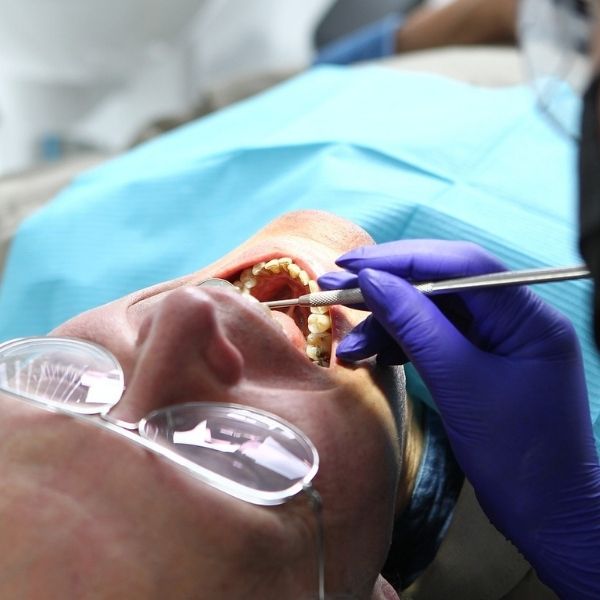Having healthy gums is essential for maintaining a strong foundation for your teeth and ensuring good overall oral health. Your gums play a crucial role in supporting your teeth, and if they are not cared for properly, you may experience problems like gum disease, tooth loss, and even health issues that extend beyond your mouth. In this guide, we’ll explore the importance of having healthy gums and provide practical steps you can take to maintain them.
Why Having Healthy Gums Is Important
Having healthy gums is more than just about appearance. Your gums act as a protective barrier around your teeth, keeping them securely in place and shielding them from harmful bacteria. When gums are not healthy, they become vulnerable to plaque buildup, which can lead to gum disease. This condition, if left untreated, can progress from mild gingivitis to severe periodontitis, potentially causing tooth loss.
Moreover, research has shown that gum disease is linked to other health problems, such as cardiovascular disease, diabetes, and respiratory infections. This highlights the importance of having healthy gums for your overall well-being, not just for maintaining a great smile.
Signs of Having Healthy Gums
How do you know if you have healthy gums? Here are some key indicators:
- Color: Healthy gums are typically light pink, although the shade can vary depending on your natural skin tone.
- Firmness: Having healthy gums means your gums will feel firm to the touch, not swollen or tender.
- Fit: Healthy gums fit snugly around your teeth without gaps or recession.
- No Bleeding: One of the strongest signs of having healthy gums is the absence of bleeding when brushing or flossing.
If your gums exhibit any redness, swelling, or bleeding, these could be warning signs that you are not having healthy gums, and it might be time to reconsider your oral care routine.
Daily Habits for Having Healthy Gums
Achieving and maintaining healthy gums requires a consistent and effective oral care routine. Here are some daily habits that are essential for having healthy gums:
- Brush Twice a Day: Brushing your teeth twice a day is one of the most important steps toward having healthy gums. Use a soft-bristled toothbrush and fluoride toothpaste, and gently brush for at least two minutes. Be sure to pay attention to the gumline, where plaque tends to accumulate.
- Floss Daily: Flossing is key to having healthy gums because it helps remove food particles and plaque from between your teeth and under the gumline—areas that a toothbrush can’t reach. Flossing at least once a day can significantly reduce your risk of gum disease.
- Use Antibacterial Mouthwash: An antibacterial mouthwash can support having healthy gums by killing bacteria that lead to plaque buildup. Use it after brushing and flossing to reduce the chances of gum inflammation.
- Eat a Balanced Diet: Nutrition plays a vital role in having healthy gums. Foods rich in vitamins and minerals, such as vitamin C and calcium, strengthen the gums and reduce the risk of gum disease. Vitamin C, in particular, helps prevent gum inflammation, while calcium supports the bones that hold your teeth in place.
- Stay Hydrated: Drinking water throughout the day helps to wash away food particles and bacteria from your mouth, making it easier to maintain healthy gums. Staying hydrated also supports the production of saliva, which neutralizes harmful acids in your mouth.
- Avoid Tobacco: Using tobacco products is one of the leading causes of gum disease. Smoking reduces blood flow to your gums, making it harder for them to heal and increasing your risk of infections. If you’re serious about having healthy gums, quitting smoking is essential.
Professional Care for Having Healthy Gums
While daily oral hygiene is critical, professional dental care is also necessary for having healthy gums. Regular dental check-ups and professional cleanings can help prevent gum disease and catch any problems early.
- Regular Dental Check-Ups: Seeing your dentist for regular check-ups is a crucial step toward having healthy gums. During these visits, your dentist will assess your gum health, check for signs of gum disease, and recommend treatments if necessary.
- Professional Cleanings: Even if you brush and floss diligently, plaque can still harden into tartar, which can only be removed by a dental professional. Regular cleanings help in having healthy gums by preventing the buildup of tartar, which can lead to gum disease.
- Scaling and Root Planing: If early signs of gum disease are detected, your dentist may recommend scaling and root planing. This deep-cleaning procedure removes plaque and tartar from below the gumline and smooths the roots of your teeth to promote gum reattachment. This is a crucial step in restoring gum health and preventing future issues.
Foods That Support Having Healthy Gums
Your diet can have a major impact on having healthy gums. Some foods are especially beneficial for maintaining gum health, while others can harm your gums. Here are some gum-friendly foods to incorporate into your diet:
- Leafy Greens: Spinach, kale, and other leafy greens are high in essential vitamins like vitamin C, which is key to having healthy gums. These vegetables help reduce gum inflammation and boost your immune system.
- Dairy Products: Milk, cheese, and yogurt are excellent sources of calcium and protein, which are important for strengthening your teeth and gums. Dairy products also help neutralize acids in the mouth that can harm gum health.
- Crunchy Fruits and Vegetables: Raw, crunchy fruits and vegetables like apples, carrots, and celery help clean your teeth and gums naturally by increasing saliva production and removing food particles.
- Green Tea: Green tea is rich in antioxidants that can reduce inflammation and support having healthy gums by lowering your risk of gum disease.
- Nuts and Seeds: Almonds, walnuts, and sunflower seeds are rich in healthy fats and nutrients like omega-3 fatty acids, which can help reduce inflammation and promote healthy gums.
Avoiding Pitfalls That Harm Healthy Gums
Some habits can undermine your efforts in having healthy gums. To keep your gums in top shape, avoid these common mistakes:
- Skipping Flossing: Many people skip flossing, but this step is essential for having healthy gums. Flossing removes plaque from areas your toothbrush can’t reach, helping prevent gum disease.
- Brushing Too Hard: Brushing aggressively can damage your gums, causing them to recede. To ensure you’re having healthy gums, use a soft-bristled brush and brush gently.
- Consuming Excess Sugar: Sugary foods and drinks promote plaque buildup, which can lead to gum disease. If you’re aiming for healthy gums, limit your sugar intake and always brush your teeth after consuming sugary treats.
- Neglecting Dental Visits: Regular dental check-ups are a key part of having healthy gums. Skipping these visits can allow gum disease to progress undetected, leading to more serious oral health issues.
When to See a Dentist About Your Gums
If you experience persistent gum bleeding, swelling, or sensitivity, it’s essential to see a dentist right away. These symptoms could indicate gum disease, and early intervention is crucial for reversing the condition. Additionally, if you notice that your gums are receding or if you have chronic bad breath or loose teeth, you should seek professional care. These are signs that your gum health is in jeopardy and needs attention.
Having healthy gums is crucial for maintaining both oral and overall health. By practicing good oral hygiene, eating a balanced diet, and visiting your dentist regularly, you can ensure that your gums stay strong and free from disease. Prioritizing gum health not only protects your teeth but also supports your long-term well-being. So, make having healthy gums a priority in your daily routine to enjoy a healthy smile for years to come.





